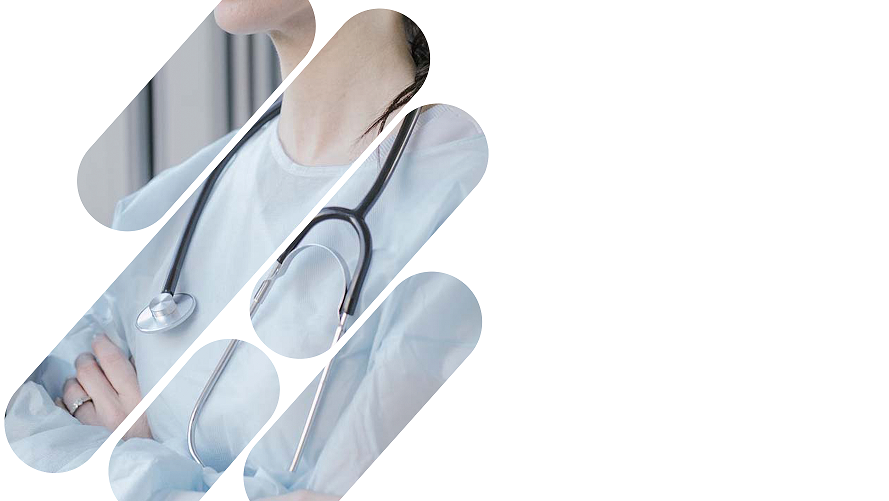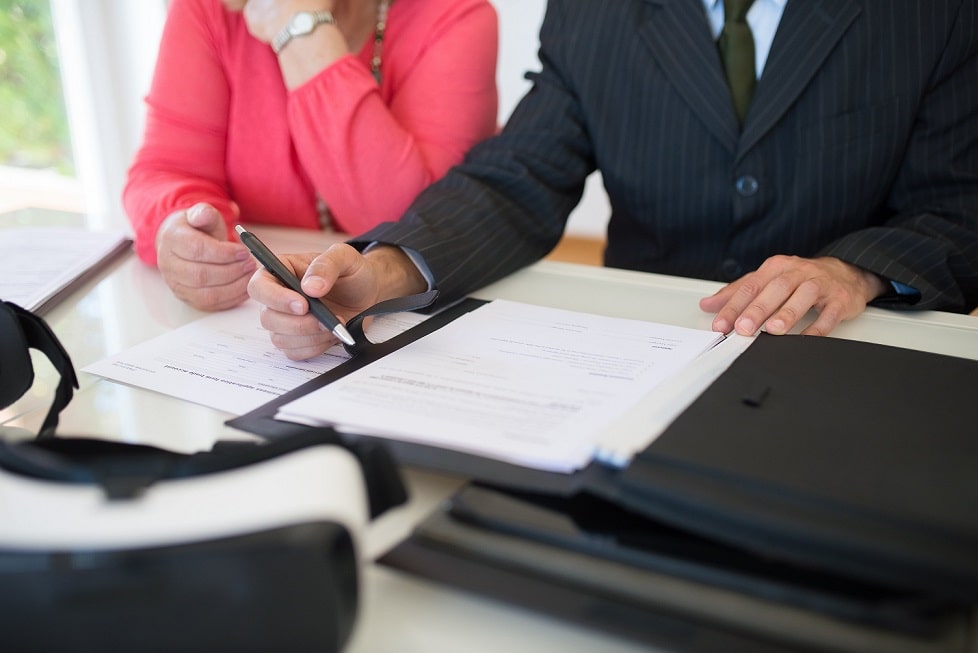 Horse Riding School Claims
Horse Riding School Claims
Horse riding is an extremely popular past time in the UK, with tens of thousands of people attending horse riding schools every week to either ride or look after horses.
Unfortunately, horse riding accidents are also very common at these schools, not least because of the sheer size, power and unpredictability of horses.
Horse riding accidents can result in serious injuries; often broken or dislocated bones, especially to the arms, legs, fingers, spine and head. Indeed, the most serious spinal and head injuries can often result in paralysis or even death.
It is well established in law in this country that the riding school or owner of the horse owes the rider, staff and other people who come into contact with the horse a duty of care. The Animals Act 1971 places strict liability on horse keepers for any damage, including personal injury, caused by their animal if they fall foul of the Act.
The law places a duty on riding schools to ensure that adequate safety equipment is provided, to ensure proper instruction and supervision is given, to ensure that the riding area is safe, and to ensure that the horse is of the right temperament and size for the experience and age of the rider. If the riding school fails in its duty, then the injured party is likely to be able to claim compensation from the riding school for their injuries and any consequential losses that result from those injuries.
Unfortunately, not all horse riding accidents will result in the injured party having a right to be compensated for the injuries sustained. The law in relation to horse riding claims is complex and is still very much developing.
Horse riding is an activity that inherently carries great risk. Indeed, the horse riding school or owner of the horse is likely to have a defence to any claim brought against it if the rider is held to have voluntarily accepted the risk. This might occur if, for example, a rider engages with the horse in a way that the rider, due to previous experience with that horse, knows will create an adverse reaction, such as bucking or rearing.
A novice rider may be held to have voluntarily accepted the risk of injury if he / she is warned before riding that that particular horse requires a more experienced rider or if he / she rides the horse in a foolhardy manner. Again, a failure to wear or properly attach the protective equipment provided may adversely affect any claim for compensation being pursued by the injured party.
If you have been injured whilst riding a horse or being around a horse at a riding school or similar, then it is essential that you seek advice from an experienced equine lawyer so that you can be properly advised and the claim thoroughly investigated in context to relevant equine law.
Call The Injury Lawyers claims helpline on 0800 634 75 75 and we will be sure to do all we can to help you out.












